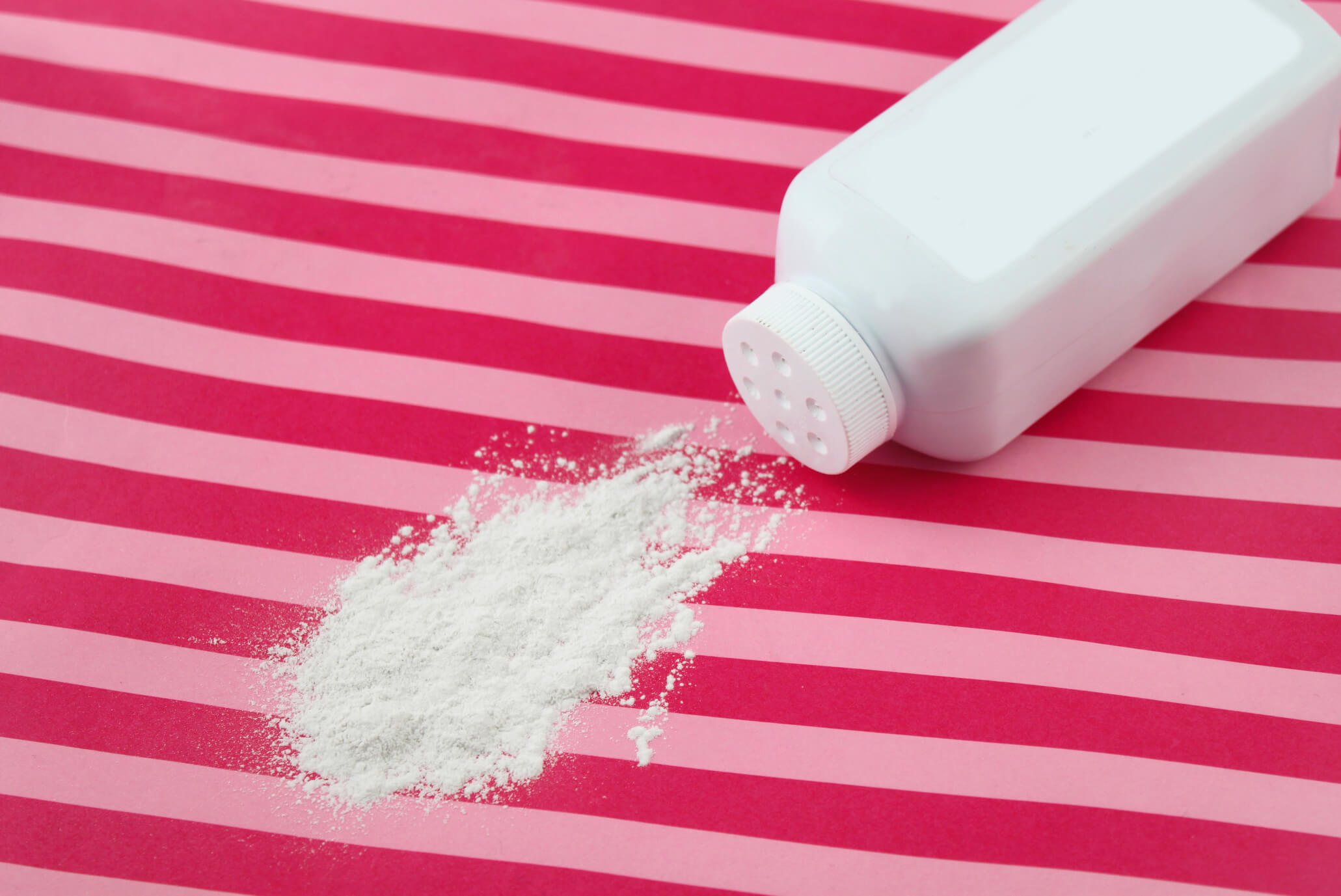Johnson & Johnson (J&J) has just released its 2015 sustainability report, which states the company has successfully completed the removal of formaldehyde releasers from its baby products. For now, some of the company’s adult care products will continue to contain formaldehyde.
What Is Formaldehyde?
Formaldehyde is a colorless, flammable, strong-smelling chemical that is commonly used in building materials, pressed-wood products, adhesives, insulation materials, and industrial germicide. When people are exposed to formaldehyde, they can experience irritation of the skin, eyes, nose, and throat. Beyond that, high levels of toxic exposure have been linked to the development of cancer.
Studies dating as far back as 1981 have showed the link between formaldehyde and cancer, but it wasn’t until 1987 that the Environmental Protection Agency (EPA) classified formaldehyde as a probable human carcinogen. In 2004, the International Agency for Research on Cancer (IARC) classified formaldehyde as a human carcinogen. Formaldehyde was also included in the National Toxicology Program’s 12th Annual Report on Carcinogens in 2011.
What Is Formaldehyde Doing In Baby Products?
Formaldehyde is a byproduct of the preservatives used in many healthcare products. The preservatives help keep other ingredients more mild, but slowly release formaldehyde over time.
Johnson & Johnson’s decision to remove formaldehyde from its products was not made because the company believed its products were dangerous. The decision to remove the carcinogen was aimed to “provide confidence and peace of mind to our customers.”
Despite taking steps to make some of its baby products potentially safer, the company has refused to give consumers peace of mind regarding the dangers of the talc in its baby powder. Even after plaintiffs won three trials and over 20 studies linked talc in its baby powder to ovarian cancer, the company continues to defend the safety of its baby powder.
In the case of talc, consumers haven’t been fooled by J&J’s wholesome and earnest image. The company faces thousands of lawsuits alleging it failed to warn consumers of the risks of baby powder. With the next trial scheduled to begin in September, J&J will have a lot to answer for.

